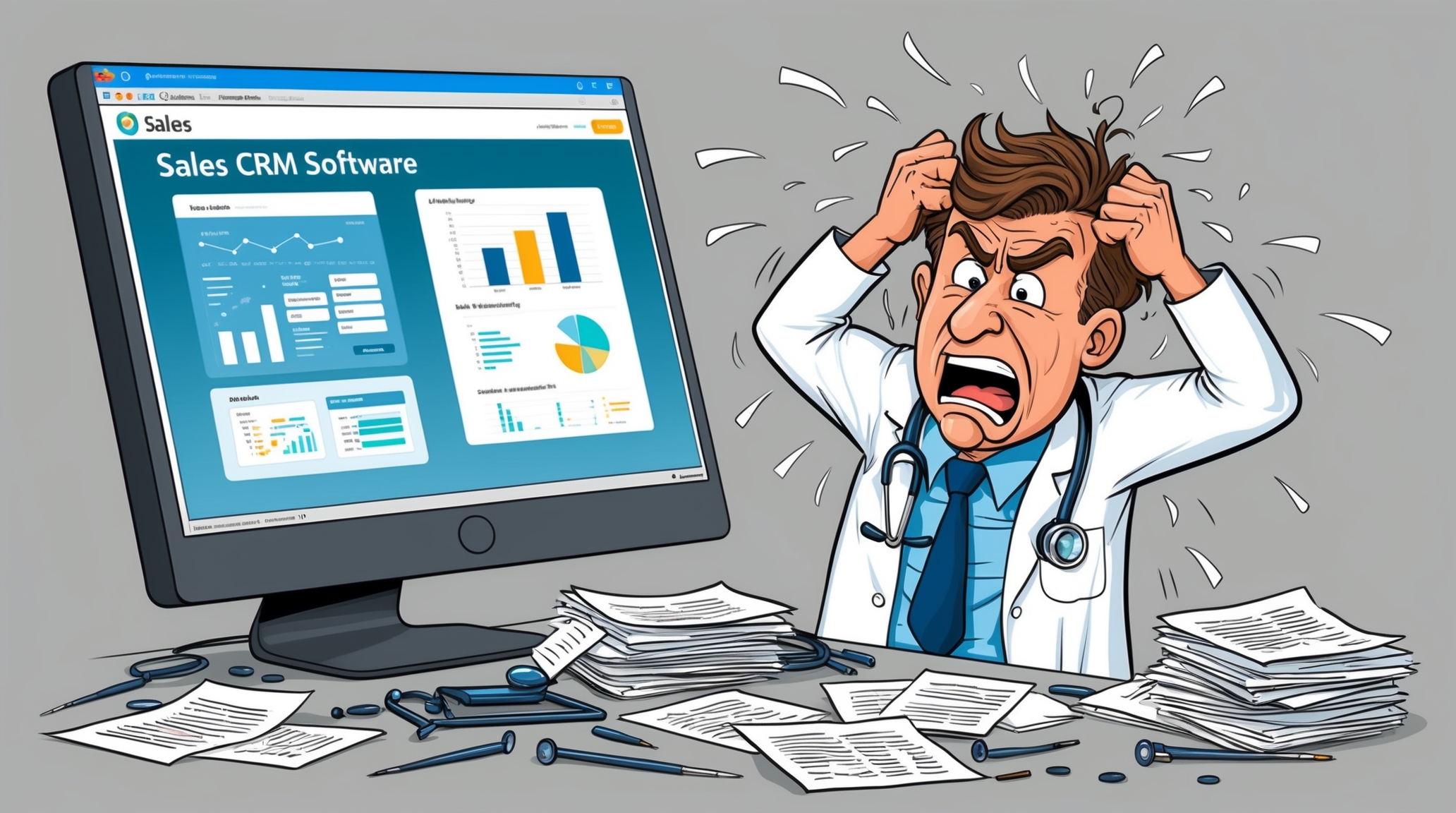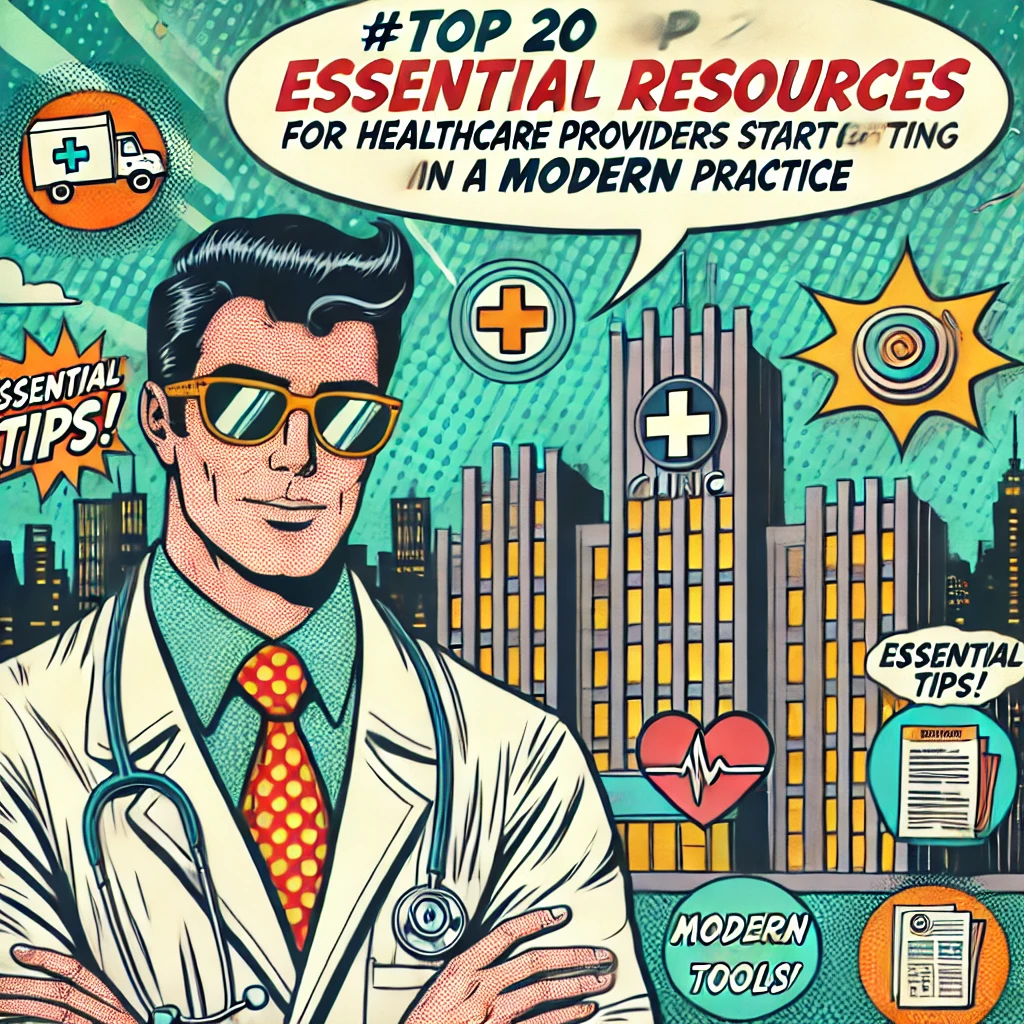EHR vs. HIPAA-Compliant CRM: Why Modern Healthcare Practices Need Both Clinical and Engagement Tools

Picture this: You’re a healthcare provider juggling endless clinical documentation, follow-up calls, and appointment reminders, all eating up hours of your day and keeping you from what matters most: patient care. This is the reality for many practices today. Research shows physicians spend 4.5 hours per day on EHR tasks alone (JAMA Network Open, 2023), with administrative costs devouring 15–25% of total healthcare spending (Health Affairs, 2022). But there’s a powerful way forward: combining a Certified EHR for clinical documentation with a HIPAA-compliant CRM for patient engagement can cut administrative overhead and transform patient care.
Quick Navigation
| Aspect | Certified EHR | HIPAA-Compliant CRM (CareLaunch) |
|---|---|---|
| Primary Focus | Clinical documentation & billing | Patient engagement & workflow automation |
| Key Workflows | - Clinical notes - E-prescribing - Lab orders - Insurance billing | - Patient communication - Appointment management - Care coordination - Population health outreach |
| Implementation Time | 3–6 months (average) | 2–4 weeks (average) |
| Learning Curve | High - requires extensive training | Moderate - intuitive interface |
| Cost | High - upfront costs, ongoing maintenance fees | Moderate - subscription-based pricing |
| Integration Capabilities | Limited to clinical systems | Flexible integration with EHR, scheduling, billing systems |
What Is a Certified EHR?
A Certified EHR is a platform that meets strict standards set by agencies such as the Office of the National Coordinator for Health Information Technology (ONC) in the United States. These systems include specialized clinical functionalities—e-prescribing, clinical decision support, and robust data capture—to ensure that healthcare providers comply with regulatory requirements and securely store protected health information (PHI).
Key Features of a Certified EHR
- Clinical Documentation: Enables detailed tracking of patient vitals, diagnoses, and treatment plans.
- Regulatory Compliance: Must meet Meaningful Use/MIPS (or equivalent) standards, including interoperability requirements.
- E-Prescribing: Integrates with pharmacies for medication management.
- Coding & Billing: Supports ICD, CPT codes, and interfaces with insurance systems.
Ideal For:
- Hospitals, multi-location clinics, and provider groups subject to complex compliance and reporting requirements.
- Practices seeking advanced functionalities like e-prescribing, robust interoperability, and quality reporting.
What Is a HIPAA-Compliant CRM?
A HIPAA-compliant CRM revolutionizes patient engagement, communication, and relationship management—while maintaining ironclad protection of sensitive patient information. Unlike traditional EHRs, modern healthcare CRMs focus on automating administrative workflows and enhancing patient engagement, areas where many practices struggle the most.
CareLaunch stands out by seamlessly integrating with your existing healthcare workflows. Our platform transforms complex tasks like patient intake, appointment management, and secure messaging into streamlined, automated processes—all within a fully HIPAA-compliant environment.
Key Features of a HIPAA-Compliant CRM
- Secure Messaging & Communication: Streamlines patient outreach, appointment reminders, and follow-ups.
- Patient Relationship Tracking: Manages patient journeys, from initial intake to post-visit engagement.
- Automation & Integration: Automates administrative tasks, integrates with calendars, payment systems, and more.
- Custom Workflows: Configures workflows for patient outreach campaigns, chronic care management, or care coordination programs.
Ideal For:
- Healthcare organizations that want to maintain HIPAA compliance but do not necessarily need a full EHR’s clinical complexities.
- Clinics, telehealth providers, or wellness programs looking to strengthen communication and care coordination without heavy EHR overhead.
- Practices that already use an EHR but want a more specialized patient engagement tool to complement their system.
When You Might Need Both a Certified EHR and a HIPAA-Compliant CRM
While some healthcare organizations can make do with just one system, many practices find that the best approach is using both a Certified EHR and a HIPAA-Compliant CRM. Here’s why:
-
Advanced Clinical Workflows + Enhanced Patient Engagement
- Certified EHR: Provides detailed clinical documentation, robust billing functions, and compliance reporting.
- HIPAA-Compliant CRM: Automates engagement, drives marketing campaigns, and simplifies administrative tasks such as appointment reminders.
- The Bottom Line: You get comprehensive clinical capabilities while optimizing patient communication and reducing administrative overhead.
-
Seamless Data Exchange for Superior Care
- EHR-Centric Data: Vitals, diagnosis codes, treatment plans, and e-prescribing data stay in the Certified EHR.
- CRM-Centric Data: Appointment reminders, follow-up communications, lead tracking, and patient satisfaction surveys live in the CRM.
- Why Integration Matters: When these two systems talk to each other, patients receive more coordinated care, and staff avoid duplicative data entry.
-
Improved Patient Experience
- Personalized Outreach: Your CRM can deliver targeted messages and educational materials based on the clinical information in the EHR.
- Faster Issue Resolution: With real-time data synchronization, staff can quickly address patient concerns without toggling between disconnected systems.
- Stronger Patient Relationships: When every team member has a 360-degree view of the patient journey—clinical and administrative—patients feel more understood and supported.
-
Data Analytics & Reporting
- Clinical + Engagement Metrics: Pull data from both the EHR and CRM to understand not just clinical outcomes, but also patient satisfaction and marketing ROI.
- Population Health Insights: Identify care gaps (EHR data) and tailor engagement campaigns (CRM data) to close those gaps effectively.
-
Scalability & Future-Proofing
- Flexible Growth: As your practice expands, having separate yet integrated systems allows you to scale each system’s functionality without overhauling the entire tech stack.
- Emerging Technologies: CRMs are often quicker to adapt to new marketing and communication trends, while EHRs handle evolving regulatory requirements. Integrating both helps you stay ahead on all fronts.
When You Might Need a Certified EHR
-
Extensive Clinical Reporting Requirements If your organization participates in government incentive programs (e.g., MIPS, Meaningful Use), you’ll need an EHR that’s certified to track and report on quality metrics.
-
Advanced Clinical Documentation A certified EHR is often essential when providers need to document complex treatment plans, use detailed clinical decision support tools, or manage regulated prescribing workflows.
-
Interoperability Mandates If your facility must connect with other EHR systems for seamless data exchange (e.g., hospital networks, HIEs), a certified EHR is typically required.
-
Billing and Insurance Integration EHRs often come with built-in coding, billing, and claims management tools—critical for clinics or hospitals dealing with high-volume claim processes.
When You Might Prefer a HIPAA-Compliant CRM
-
Focus on Patient Engagement If your primary goal is to strengthen patient communication, from appointment scheduling to follow-ups and feedback, a CRM is ideal.
-
Streamlined Administrative Tasks CRMs are great for prospective patients, managing marketing campaigns, and automating reminders without the complexity of a full EHR.
-
Cost-Effectiveness Certified EHRs can be costly and feature-heavy. If you don’t need advanced clinical modules, a HIPAA-compliant CRM like CareLaunch offers a cost-effective alternative.
-
Supplement Existing Systems Many organizations that already have a robust EHR use a CRM for better engagement workflows, care coordination, and patient marketing—filling the gap that many EHRs do not comprehensively address.
Real-World Impact: Healthcare Practice Transformation
Here's how CareLaunch helps practices overcome these challenges:
📈 Measurable Results:
- Automated Appointment Management: Reduce no-show rates through intelligent reminder systems and streamlined rescheduling
- Administrative Time Savings: Cut EHR documentation time by automating routine patient communications and follow-ups
- Enhanced Patient Engagement: Improve care plan adherence through automated check-ins and care gap notifications
- Streamlined Workflows: Eliminate redundant data entry and manual processes through smart EHR integration
💬 “CareLaunch has helped fill the gaps that used to create daily challenges putting us in a strong position to look ahead to new offerings and growth. It’s exciting and motivating.” – Brian Mullen | Head of Innovation & Product | The Clinic
Enterprise-Grade Security Built for Healthcare
CareLaunch's HIPAA-compliant infrastructure includes:
- End-to-end encryption (AES-256) for all data in transit and at rest
- Role-based access controls with granular permission settings
- Comprehensive audit trails tracking all PHI access and modifications
- Automated backup systems with geographic redundancy
- Regular third-party security assessments and penetration testing
Our platform seamlessly integrates with major EHR systems including Epic, Cerner, and Athena through standard HL7 and FHIR protocols, ensuring secure and reliable data exchange while maintaining compliance.
Making the Right Choice for Your Practice
Ultimately, deciding between a Certified EHR and a HIPAA-compliant CRM comes down to your organization’s specific needs:
- Highly Regulated, Complex Clinical Environment? A certified EHR is a must.
- Patient Engagement & Streamlined Admin Workflows? A HIPAA-compliant CRM like CareLaunch may be your best bet.
- Need Both? Consider integrating a CRM with a certified EHR for the best of both worlds.
By assessing your practice’s goals—whether they’re regulatory compliance, improved patient relationships, or simply more efficient administrative management—you’ll be better positioned to pick the solution that’s right for you.
Transform Your Practice's Efficiency Today
Ready to revolutionize your practice's workflows while maintaining HIPAA compliance? Here's how to get started:
🎯 Quick Start Options:
- See It in Action: Schedule a 30-minute personalized demo
- Learn More: Check out our Top 20 Essential Resources for Healthcare Providers for practical tools and insights
- Stay Informed: Explore The 18 PHI Identifiers for HIPAA Compliance to ensure your practice meets all regulations
⚡ Fast Implementation:
- Go live in as little as 2 weeks
- Dedicated success manager for your practice
- Full team training included
- 24/7 technical support
🌟 Recommended Reading: Curious about AI in healthcare? Read our post on The Evolution of AI in Healthcare to explore the future of technology in the industry.
Disclaimer: The information contained in this blog post is for general informational purposes only and should not be used as a substitute for legal or professional advice. Always consult legal and compliance experts for guidance specific to your organization’s needs.


